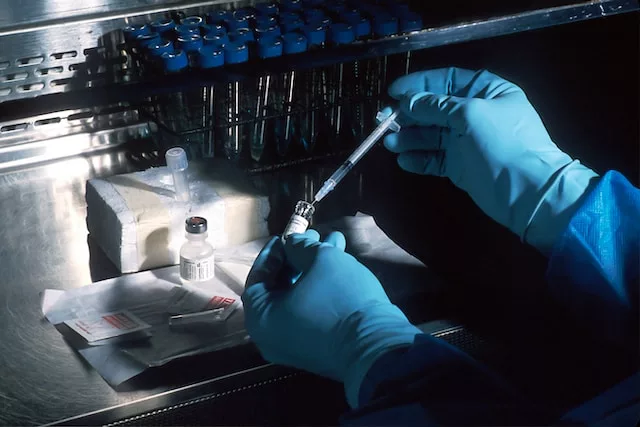Biotechnology, a field of science that utilizes biological processes for industrial purposes, is undergoing dynamic changes thanks to artificial intelligence (AI). AI, with its advanced algorithms and ability to process massive amounts of data, is increasingly being used in biotechnological research, accelerating the discovery and production of new drugs.
AI and Drug Discovery
Traditional methods of drug discovery rely on time-consuming and costly laboratory experiments. However, with the use of AI, this process becomes faster and more efficient. Machine learning algorithms can analyze large datasets of biological and chemical information, identifying potential drug targets and predicting how different chemical compounds will interact with these targets.
AI in Drug Manufacturing
AI can also contribute to the optimization of the drug manufacturing process. Real-time processing of massive amounts of production data allows for the identification and elimination of inefficient elements in the process, reducing costs and production time. Furthermore, using technologies such as natural language processing, AI can review and analyze scientific literature, assisting researchers in quick access to the latest studies and information.
AI and Personalized Therapy
One of the most promising areas of AI application in biotechnology is personalized therapy. With AI’s ability to analyze large amounts of patient data, including genetic information, doctors can customize therapies to individual patient needs. This approach, known as precision medicine, has the potential to improve treatment effectiveness and reduce side effects.
Biotechnology in the AI era is on the brink of a revolution that can bring about new and more effective drugs and therapies. This is just the beginning of our journey towards a better understanding of human biology and health. However, it is important that we do not forget about ethics and safety during this journey. We must be cautious that technology, which has the potential for so much good, is not used in a way that could compromise patient privacy or lead to injustice. Therefore, it is crucial to establish robust regulatory frameworks that protect our rights and safety while enabling scientific progress.

